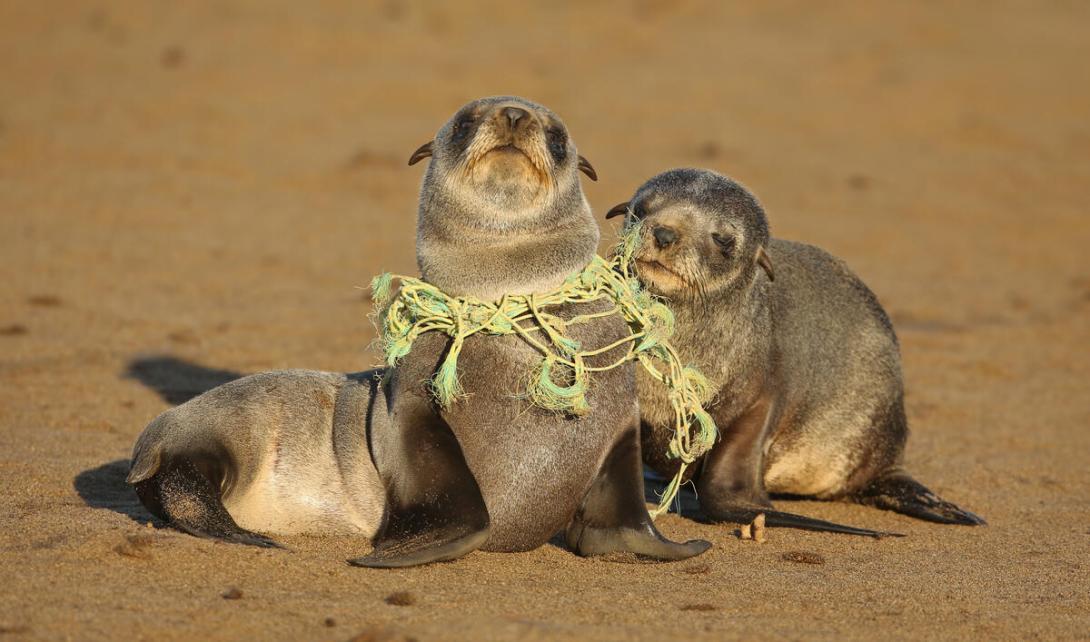Plastic pollution is everywhere, but nowhere more than in the ocean.
More than 11 million metric tons of plastic are flowing into the ocean each year. Once it is there, it’s almost impossible to remove. And it continues to break down. Macroplastics become microplastics, and microplastics become nanoplastics.
It’s not good for people, or the planet.
